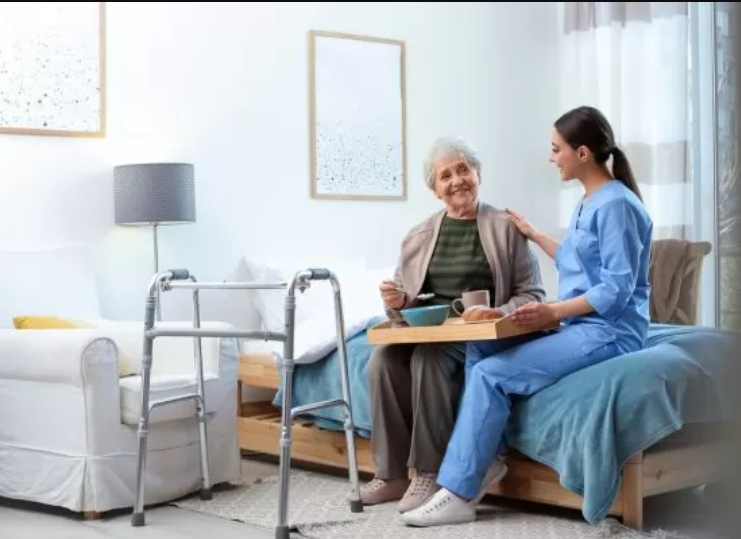Senior Care Essentials: Meeting Your Aging Loved One’s Needs
Caring for an aging loved one is about attention and strategic and intentional care. They have changing needs with the passing of time, and planning for these reduces tension for you both. A planned approach ensures their safety, promotes dignity, and enhances quality of life daily. Those families that get essentials in place early can better weather challenges along the way.
Daily Living Services
Daily tasks that used to seem easy can become more difficult as people age. Without adequate assistance for everyday living, this gradual difficulty often leads to a loss of independence. Health and self-esteem are also directly affected when someone dresses well, eats healthily, and keeps a good impression on their appearance. Organizing mealtime, preparing food, or something similar reduces the chance of skipping meals or engaging in less-than-ideal food preparation and, therefore, being consistent with nutrition or safety.
Health Monitoring
Health is the foundation for elder care, and regular checkup averts complications from becoming serious emergencies. The doctor’s regular checkups find minor problems and prevent them from becoming serious diseases. Medical monitoring reduces dangerous interactions and duplication, particularly when more than one doctor prescribes. Blood pressure, blood sugar, and exercise tests should be part of a regular checkup. By actively monitoring health data, families give physicians reliable information for optimum treatment.
Safe Home Environment
A healthy home environment reduces the possibility of falls, which remains one of the biggest dangers for older people. Minor modifications like grab handles, slip-resistant flooring, and focused lighting reduce accidents by a significant degree. Clutter is removed to provide open paths of travel and destroy traffic impediments. Stairs require extra attention, and railings must always be stable and firm. Emergency alert systems, like safety alert systems, provide immediate assistance for sudden injury or medical cases.
See also: The Hidden Connection Between Sleep and Your Overall Health
Emotional Wellbeing
Tangible health goes hand in hand with emotional health; the general strength of body and mind almost diminishes at lightning speed when disrupted. The older you get, the more feelings of loneliness arise, particularly when locomotion is impaired or when major friends die off. Interaction with friends and relatives daily makes them understand the sense of belonging, and the feeling disappears. Reading and solving puzzles are two activities that require concentration and memory and stimulate cognitive functioning. Genuine emotional support also involves listening to the patient’s concerns and not sweeping them beneath the carpet.
Financial Planning
Financial planning is essential to plan long-term care without being unbearably stressful. Hospital and equipment costs, which are unforeseen, tend to expend family savings rapidly. Coordination of insurance planning and understanding of the coverage prevents pitfalls in an emergency. Open budget discussions make older adults feel included in decisions affecting their lives. Family-planned finances guarantee security at the expense of not compromising choice in care.
Seeking guidance from a financial advisor specializing in elder care can uncover resources families often overlook. Exploring government or community assistance programs may reduce expenses while broadening available support options.
Greeting the needs of an aging family member involves learning their health, daily living, safety, emotional, and financial needs. Families who get these columns in place create a setting that fosters independence and dignity, and in readiness for future tribulation. Don’t forget not to deprive them of control, but instead balance autonomy with safety. Besides these needs, hobbies and meaningful activities should be encouraged because purpose tends to be more sustainable than any single service.






